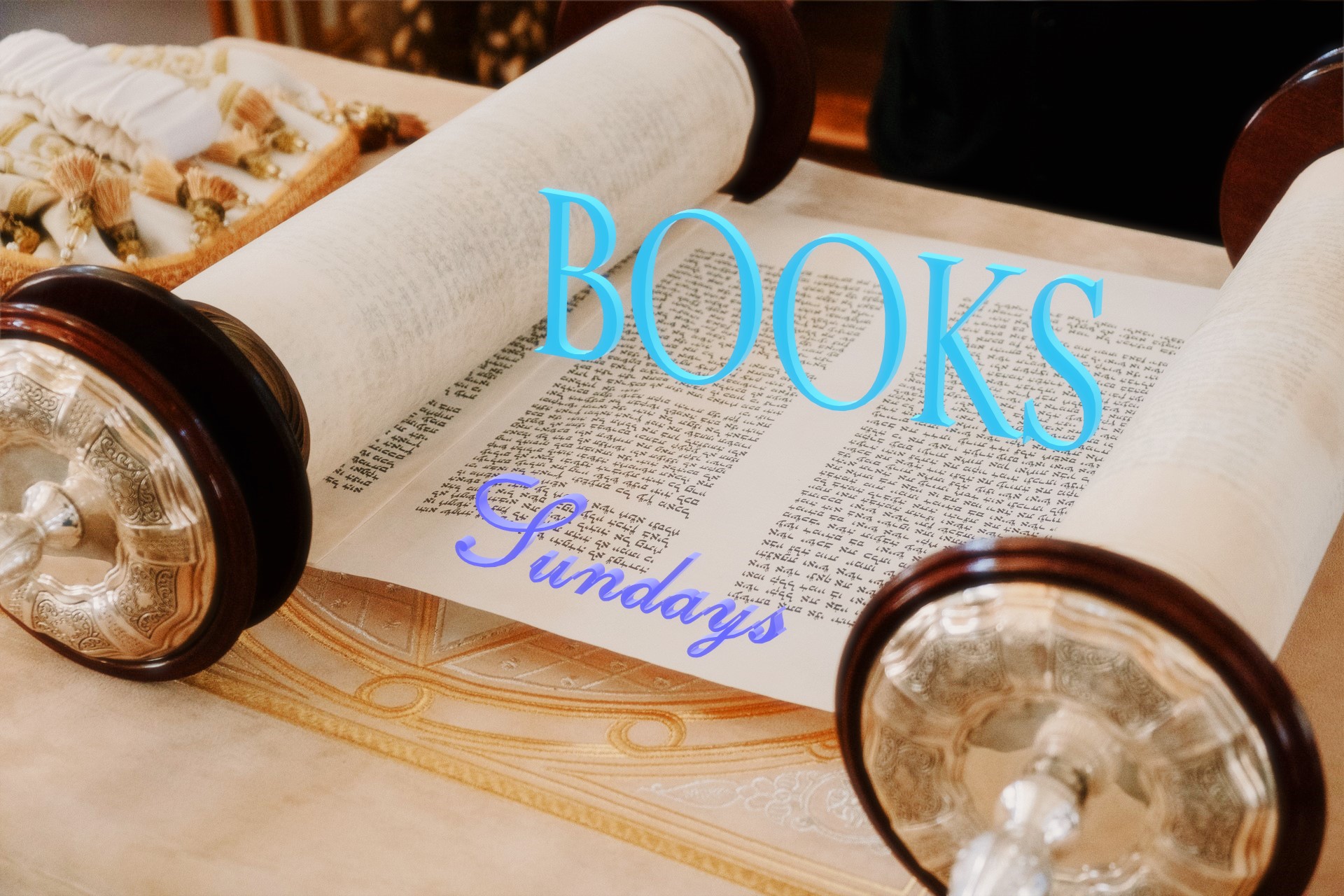In short
Job is a devout believer who is tested by God. He loses and regains everything, but the bulk of the book (38 of 42 chapters) is conversations with Job and others. The book is considered poetry, precisely because of those conversations.
Why it is important
Job = enduring hardship. “Behold, we consider those blessed who remained steadfast. You have heard of the steadfastness of Job, and you have seen the purpose of the Lord, how the Lord is compassionate and merciful,” James 5:11.
Main characters
- Job (rhymes with robe)
- Job’s three friends: Eliphaz, Bildad and Zophar
- Elihu, a young man who rebukes the other four men
What is in this book
Narrative (stories), then poetic speeches, then ending with narrative.
- Satan asks the LORD if He will test Job – and He agrees (1:1-1:12)
- Job loses his children, livestock, and servants and is himself struck with disease (1:13-2:10)
- Job laments (chapter 3)
- Conversations with the friends (chapters 4-31)
- Elihu’s speeches (chapters 32-37)
- The LORD speaks to Job (chapters 38-41)
- Job is vindicated (chapter 42)
Things that are not so well-known
- Job likely lived in the time of Genesis – i.e., before the Old Covenant
- Elihu seems to come out of nowhere and is not mentioned outside of his section. His is the only Hebrew name in the book*.
- Job still had his wife after losing everything (though she was not much help)
Theology and doctrine
The scenes in chapter 1 with Satan are very unique in the Bible. Rarely do we see Satan as a being that speaks. And he actually speaks to God in heaven, it seems.
Also, Satan apparently cannot harm Job without God’s permission. So there are limits to Satan’s power.
Footnote
* Per my ESV commentary

No responses yet